Apple could adopt a "hybrid" OLED technology in iPads by 2024 that could allow for slimmer devices while lowering production costs, according to a new report out today (via DigiTimes).
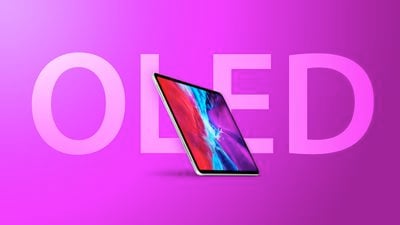
By combining rigid OLED glass substrates with flexible OLED thin-film encapsulation, the hybrid OLED technology is said to make OLED panels thinner than rigid OLED panels. The process also reportedly incurs lower production costs than flexible OLED panels because it doesn't require a backlighting layer.
Reference to the hybrid OLED technology first appeared in an August report from Korean outlet The Elec, which also said Apple could adopt it in iPads by 2024. However, that report claimed Apple preferred hybrid OLED over the flexible OLED panels it uses in its iPhone models because the flexible panels have a tendency to visibly "crumple," especially at larger screen sizes.
The return of the rumor appears in the context of a report claiming Apple has brought another manufacturing partner into its supply chain that will likely be involved in upcoming refreshes to the 12.9-inch iPad Pro and MacBook Pro.
Taiwan Surface Mounting Technology (Taiwan SMT) will undertake SMT process for mini LED backlighting of 12.9-inch iPad Pro and MacBook Pro, becoming an Apple supply chain maker for the first time, according to industry sources.
The report claims that Apple has contributed financially to Taiwan SMT's efforts to expand its production capacity, with some equipment dedicated to the SMT process for mini-LED backlighting, which is more difficult to achieve than standard LED backlighting since the former involves the use of more mini-LED chips.
Currently the only Apple devices that use mini-LED are the 14-inch and 16-inch MacBook Pro and the 12.9-inch iPad Pro. All three devices are expected to be refreshed with M2 chips before the end of the year.
Apple is expected to continue to use the mini-LED backlighting technology until the hybrid OLED technology has matured and is ready for commercialization, which is unlikely to happen before 2024, according to the report.


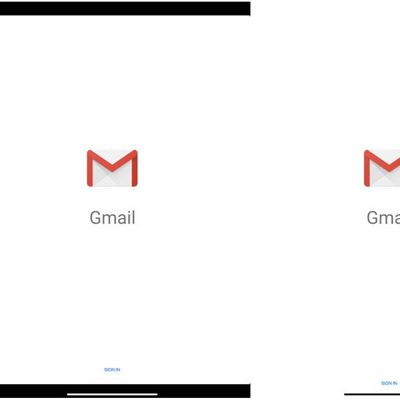



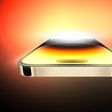




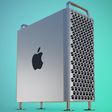


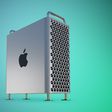



Top Rated Comments